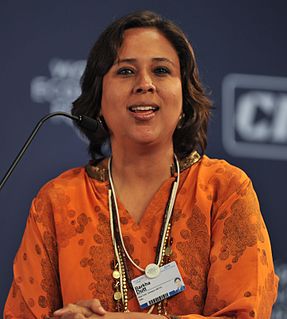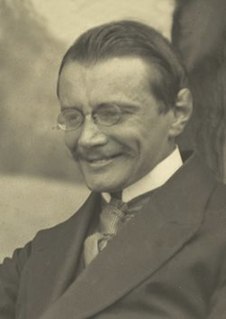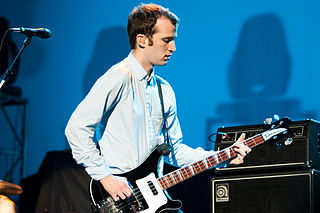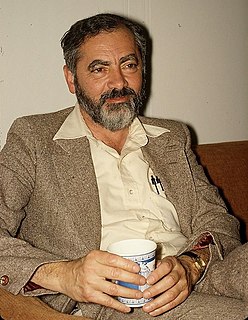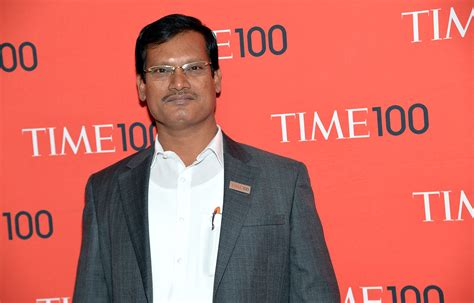A Quote by Barkha Dutt
In 2020 we saw the poorest Indian citizen suffer as migrant workers, in the hundreds of thousands, fled the cities on foot, sometimes barefoot, to return to the villages.
Related Quotes
We need to reach the millions who live in cities, the hundreds of thousands in industrial centers, the tens of thousands in medium-sized towns, the thousands in small towns, and the hundreds in villages -- all these at once. Like a volcanic eruption, a spiritual revolution needs to spread through the country, to spur people to crucial decisions. People have to recognize the futility of splitting life up into politics, economics, the humanities, and religion. We must be awakened to a life in which all of these things are completely integrated.
I saw battle-corpses, myriads of them,
And the white skeletons of young men-I saw them;
I saw the debris and debris of all the dead soldiers of the war;
But I saw they were not as was thought;
They themselves were fully at rest-they suffer'd not;
The living remain'd and suffer'd-the mother suffer'd,
And the wife and the child, and the musing comrade suffer'd,
And the armies that remain'd suffer'd.
There where hundreds of graves. There where hundreds of women. There were hundreds of daughters. There were hundreds of sons. And hundreds upon hundreds upon thousands of candles. The whole graveyard was one swarm of candleshine as if a population of fireflies had heard of a Grand Conglomeration and had flown here to settle in and flame upon the stones and light the brown faces and the dark eyes and the black hair.
Many of the original New Deal programs required heavy manual labor. WPA workers built hundreds of schools, health clinics, roads, park facilities, and community centers. Much of what we now call our 'infrastructure' - highways, buildings, power plants, etc. - is here thanks to thousands of WPA workers.
